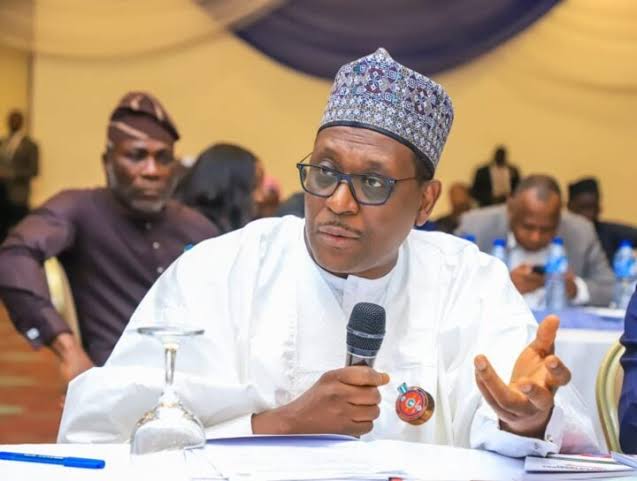Health
Nigerian Healthcare Attracts US, UK Citizens – Minister Claims

The Nigerian Health Minister states that improved healthcare services are drawing US and UK citizens to the country, signaling a rise in medical tourism.
Prof. Ali Pate, the Coordinating Minister of Health and Social Welfare, has disclosed that there is a growing trend of patients from the United Kingdom, United States, and West African subregion coming to Nigeria for medical treatment.
During a briefing with State House correspondents after the Federal Executive Council (FEC) meeting on Tuesday, presided over by President Bola Tinubu, Pate made this statement.
“People are starting to visit from nearby countries and even distant locations like the UK and US to access quality healthcare in Nigeria,” he stated.
Despite the challenges we encounter, substantial progress is underway, and President Tinubu’s promised transformation is beginning to materialize.
The minister announced that the federal government has authorized contracts to equip tertiary health facilities, including a N12 billion approval for Magnetic Resonance Imaging (MRI) machines—advanced diagnostic equipment—for six tertiary health institutions.
He named the beneficiaries as follows: University of Uyo Teaching Hospital; Federal Medical Centre in Abeokuta; Obafemi Awolowo University Teaching Hospital located in Osun state; Federal Medical Centre in Keffi; Modibbo Adama University Teaching Hospital situated in Adamawa, and finally, the Federal Teaching Hospital found in Kebbi.
He added, “This investment in essential diagnostic infrastructure is a key component of our wider initiative to enhance Nigeria’s healthcare system capacity, enabling our tertiary institutions to provide world-class medical services.”
Pate announced that Nigeria has ratified the African Medicines Agency (AMA) Treaty, which seeks to standardize medical regulatory practices throughout Africa.
The treaty, adopted by the African Union in 2019, aims to enhance access to safe, high-quality, and effective medical products through a regulatory framework spanning across Africa.
He stated, “To date, 37 African Union member states have signed the treaty and 26 of them have ratified it. Today, the federal executive council instructed that Nigeria undertake all necessary measures to fully implement this treaty.”
The minister stated that the initiative would broaden Nigeria’s pharmaceutical market beyond its national borders, enabling locally produced medical products to align with continental standards.
He stated, “Our production here will eventually gain recognition as ‘Made in Africa’, rather than just ‘Made in Nigeria’. This marks a major milestone towards achieving self-sufficiency in medical products and advancing pharmaceutical industrialization.”
We are dedicating resources to infrastructure, human capital, and regulatory frameworks to establish a healthcare system that Nigerians can trust and that draws patients from around the world.
